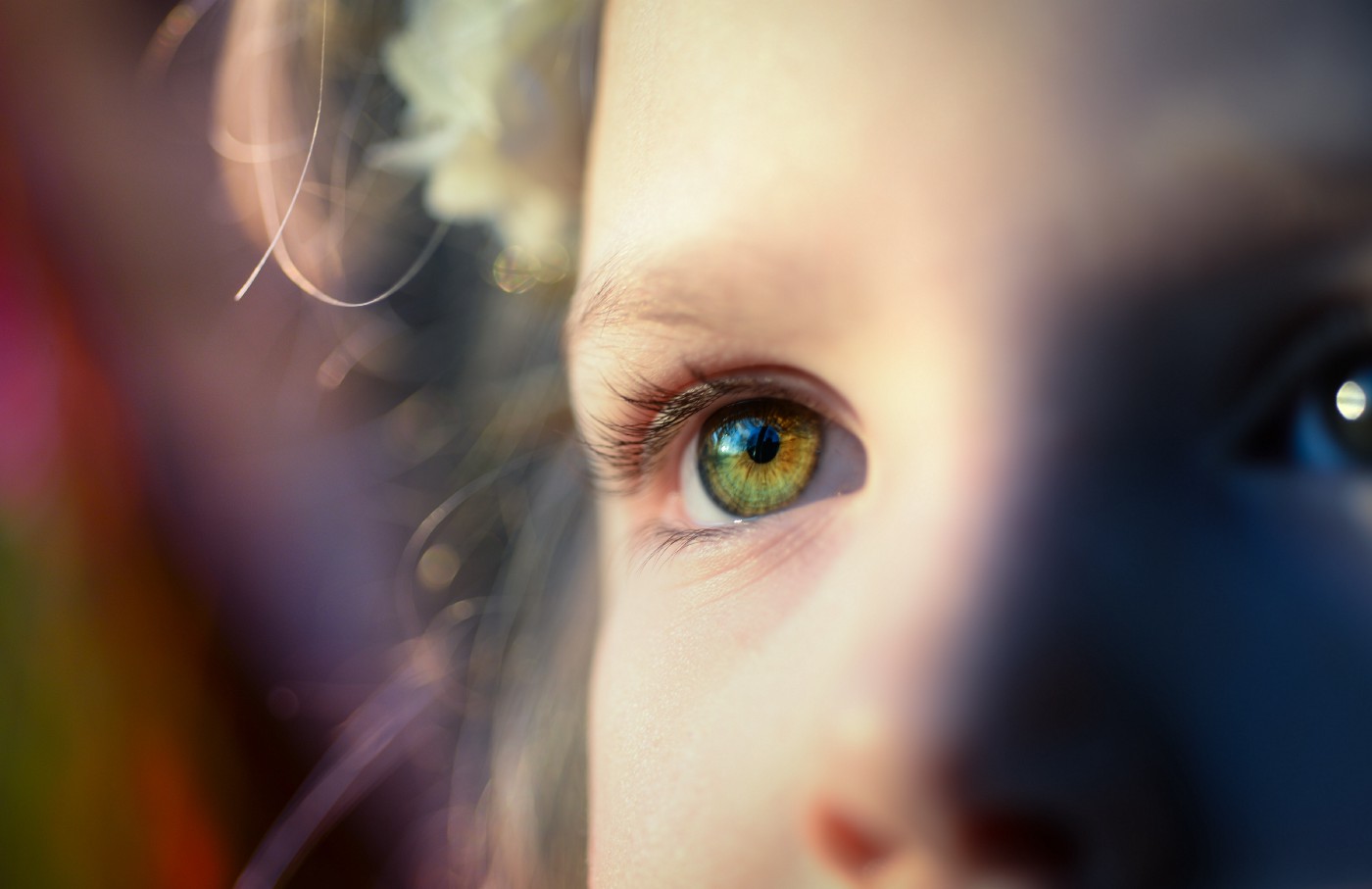A psychologist’s perspective
We live in a day and age where we are inundated with anxiety-fuelled messages — whether this is from our family and friends, media outlets, educators, heads of state, policy makers, community leaders or from our nearest and dearest. It is, therefore, not surprising that anxiety disorders have become one of the most widely diagnosed mental health conditions of the 21st century. According to the most recent Diagnostic and Statistic Manual for Mental Health V (DSM-V) published in 2013, ‘anxiety’ is defined as ‘anticipation of future threat’.
In other words, we have been socialised from infancy onwards to be finely attuned to threats from our environment, and this can transform into an array of different colours and gradients on our anxiety pallet. As social animals we need one another for our survival as a species and, therefore, fear isolation, alienation and abandonment. Another threat to our sense of identity and ego is the fear of being criticised and what that might entail in terms of our fear of not belonging, not being accepted and not being loved. Our need for belonging and connectedness reinforces our sense of safety and comfort and that is why stepping outside of what is known to us as our frame of reference and comfort zone can feel very threatening, anxiety-provoking and unsettling for some of us.

For example, going alone to a social event with a room full of strangers can feel unbearable to some due to a heightened state of anxiety and threat to their sense of safety. The fear of appraisal and rejection from others is very potent and can be paralysing, self-constricting and self-sabotaging, and it can negatively impact on someone’s quality of life. For others anxiety might be provoked by the fear of illness, identity and loss; speaking in front of a crowd; eating in front of others; taking transportation; being intimate, vulnerable, physically and emotionally seen or simply being themselves. The list can go on and can transpire in all the domains of our lives. What is crucial to remember is that anxiety is a universal part of our common humanity.


